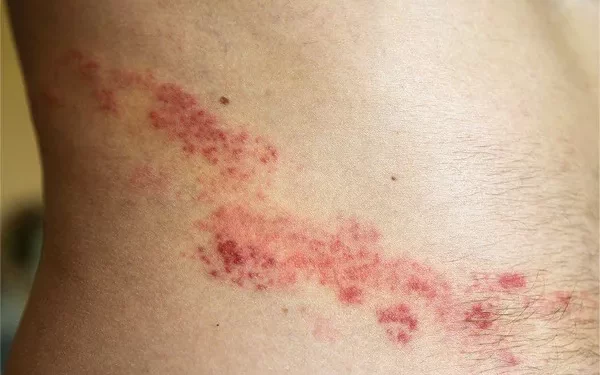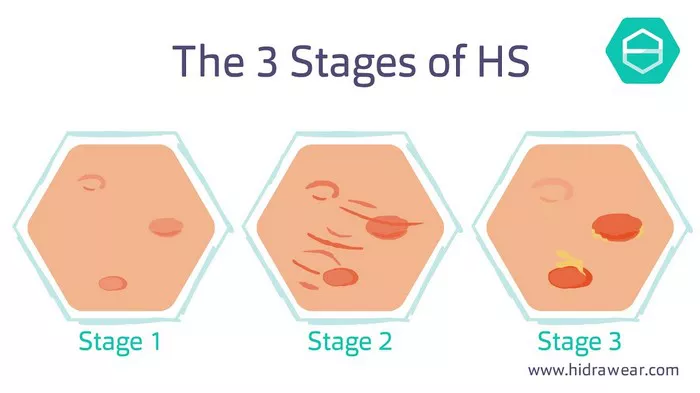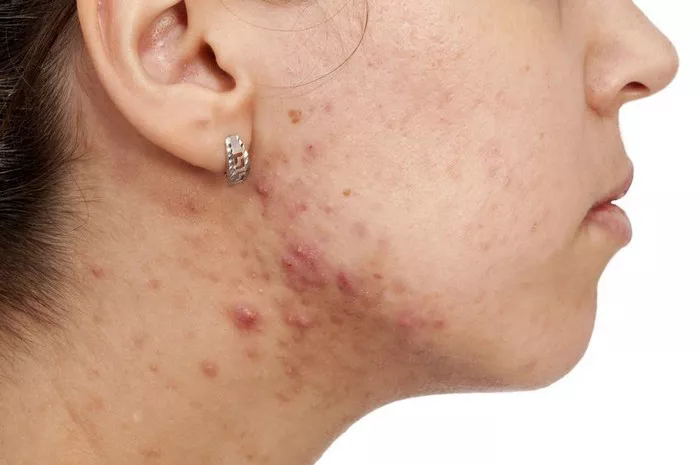Hidradenitis suppurativa (HS) is a chronic skin condition that can cause painful lumps, abscesses, and scars. One of the more distressing symptoms of HS is an unpleasant odor. This article will explore why HS may have a smell, what contributes to this odor, and how to manage it.
Understanding Hidradenitis Suppurativa
What is Hidradenitis Suppurativa?
Hidradenitis suppurativa is a skin disorder characterized by inflamed lumps, often in areas with hair follicles and sweat glands. Common locations include:
- Armpits
- Groin
- Buttocks
- Inner thighs
These lumps can burst and drain fluid, leading to infections and scarring.
Symptoms of Hidradenitis Suppurativa
The symptoms of HS vary among individuals but commonly include:
- Painful nodules or lumps
- Abscesses that may drain pus
- Itching or burning sensation
- Scarring over time
- Foul odor
The presence of a smell can be distressing and may affect a person’s quality of life.
What Causes the Odor in Hidradenitis Suppurativa?
1. Bacterial Infection
Bacteria often play a significant role in HS. When lumps or abscesses form, they can become infected. This infection may produce a foul odor.
Types of Bacteria
The most common bacteria involved in HS include:
- Staphylococcus aureus: This bacteria is often found on the skin and can lead to infections.
- Propionibacterium acnes: This bacteria is known for its role in acne but can also contribute to HS.
SEE ALSO: Understanding the 3 Stages of Hidradenitis Suppurativa (HS)
2. Drainage of Pus
When HS lesions burst, they may drain pus. Pus contains dead white blood cells, bacteria, and tissue debris. The composition of pus can contribute to the smell.
Composition of Pus
Pus typically contains:
- White blood cells: These cells fight infection.
- Bacteria: These can produce various odors.
- Dead tissue: This can further contribute to the smell.
3. Sweat and Moisture
Hidradenitis suppurativa commonly occurs in areas prone to sweating and moisture. The presence of sweat can exacerbate the condition and lead to an unpleasant smell.
Role of Sweat
Sweat itself is odorless, but when it mixes with bacteria on the skin, it can produce a strong odor. In individuals with HS, the combination of sweat and bacteria can lead to a more intense smell.
4. Skin Changes
The skin in affected areas may undergo various changes due to HS. These changes can contribute to odor.
Changes in Skin Integrity
- Open sores: When the skin breaks down, it can allow bacteria to enter and multiply, causing odor.
- Thickened skin: Over time, the skin may thicken and become more prone to retaining moisture and bacteria.
5. Inflammation and Irritation
Hidradenitis suppurativa is characterized by inflammation. This inflammation can lead to an imbalance in the skin’s natural flora, resulting in unpleasant odors.
Impact of Inflammation
- Increased blood flow: Inflammation leads to increased blood flow, which can contribute to sweating and bacterial growth.
- Skin irritation: Chronic irritation can change the skin environment, fostering bacteria that produce odor.
How to Manage the Odor Associated with Hidradenitis Suppurativa
1. Good Hygiene Practices
Maintaining good hygiene can help reduce the odor associated with HS.
Daily Cleaning
- Wash affected areas gently with a mild soap.
- Pat the skin dry instead of rubbing it.
Use Antimicrobial Products
- Consider using antimicrobial soaps or washes to help reduce bacteria on the skin.
2. Topical Treatments
Topical treatments can help manage HS symptoms and odor.
Antibiotic Ointments
- Your healthcare provider may recommend antibiotic ointments to reduce bacterial growth and prevent infections.
Retinoids
- Topical retinoids can help promote skin turnover and reduce the severity of HS.
3. Oral Antibiotics
In cases of severe infection, oral antibiotics may be necessary. These can help eliminate bacteria and reduce odor.
Consult Your Doctor
- Always consult your healthcare provider before starting antibiotics. They can prescribe the appropriate type and duration.
4. Maintain a Healthy Weight
Being overweight can increase friction and moisture in skin folds, worsening HS symptoms. Maintaining a healthy weight can help reduce the severity of the condition.
Exercise and Diet
- Regular exercise and a balanced diet can help manage weight and improve overall health.
5. Use Absorbent Dressings
Using absorbent dressings can help manage moisture and odor.
Types of Dressings
- Gauze pads: These can absorb excess moisture and help keep the area dry.
- Hydrocolloid dressings: These can provide a moist environment while absorbing exudate.
6. Consider Lifestyle Changes
Making certain lifestyle changes can also help manage odor.
Avoid Tight Clothing
- Loose-fitting clothing can help reduce friction and sweating in affected areas.
Stay Hydrated
- Drinking plenty of water can help maintain skin health and prevent excessive sweating.
7. Seek Professional Help
If HS symptoms worsen or if odor becomes unmanageable, seek help from a healthcare professional. They can provide more targeted treatments.
Dermatologist Consultation
A dermatologist specializing in HS can offer advanced treatment options, including biologics or surgical interventions.
When to Seek Medical Attention
If you experience any of the following, it is crucial to seek medical attention:
Fever or chills: These may indicate a severe infection.
Severe pain: If pain becomes unmanageable, consult a doctor.
Persistent odor: If the odor does not improve with home care measures.
Conclusion
The unpleasant smell associated with hidradenitis suppurativa is often due to bacterial infections, drainage of pus, and moisture. Managing the odor involves maintaining good hygiene, using topical treatments, and making lifestyle changes. If symptoms persist, seeking professional medical advice is essential. With proper management, individuals with HS can reduce the odor and improve their quality of life.
Related topics:

























